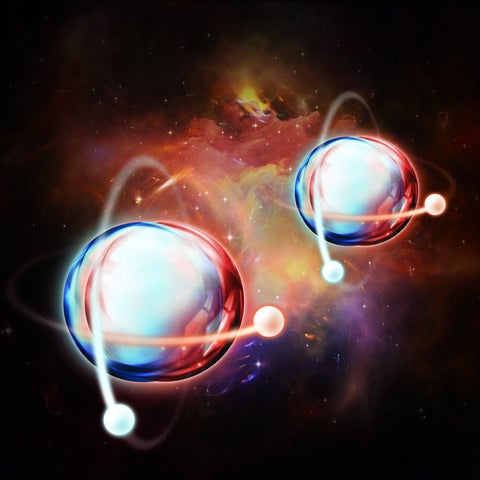On Stephen Hawking
Raymond Laflamme, Department of Physics and Astronomy; Institute for Quantum Computing
Stephen Hawking passed away leaving behind a transformed view of the cosmos. He proved that time had a beginning if Einstein's general relativity is correct, that black ain't so black after all and he proposed that the Universe can be described by a quantum mechanical wave function with no edge or boundaries. From 1984 to 1988 I was one of Stephen's graduate students and worked on quantum cosmology and the arrow of time which earned me a quote in the book: "A Brief History of Time".

 Marc Morin is the co-founder and CEO of Auvik Networks, creators of cloud-based software that makes it dramatically easier for IT managed service providers to monitor and manage their clients' IT networks. A serial entrepreneur, Marc has previously co-founded several successful companies, including PixStream (acquired by Cisco for USD$369 million) and Sandvine (Sold to Francisco Partners for CAD$582 million), and is a seed investor in a number of local tech companies.
Marc Morin is the co-founder and CEO of Auvik Networks, creators of cloud-based software that makes it dramatically easier for IT managed service providers to monitor and manage their clients' IT networks. A serial entrepreneur, Marc has previously co-founded several successful companies, including PixStream (acquired by Cisco for USD$369 million) and Sandvine (Sold to Francisco Partners for CAD$582 million), and is a seed investor in a number of local tech companies.